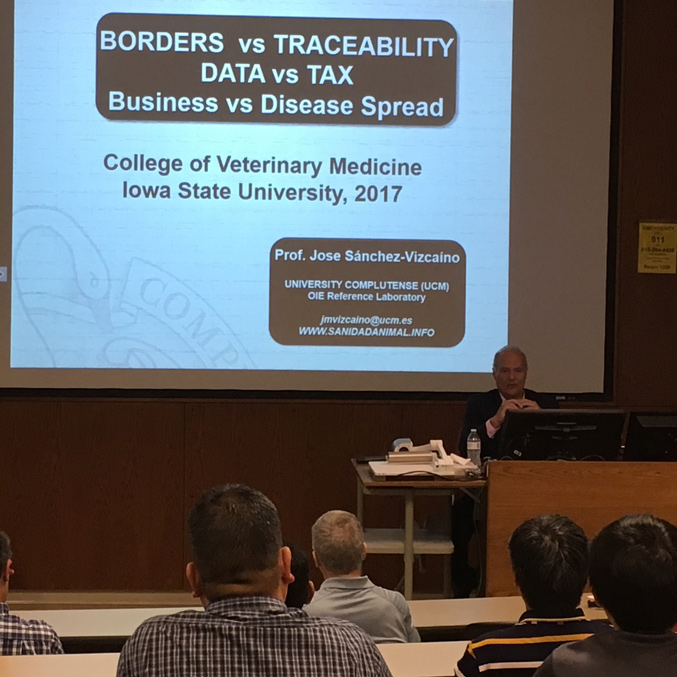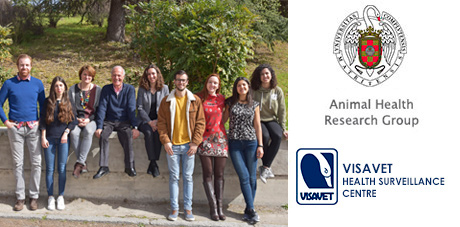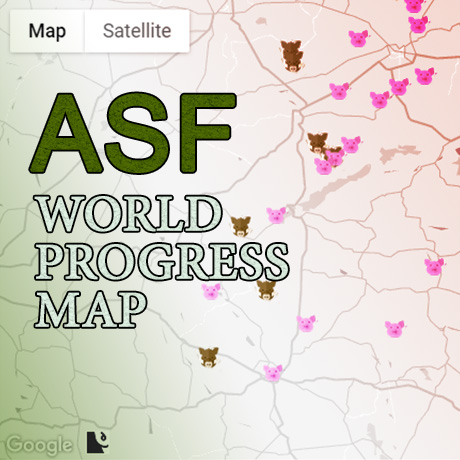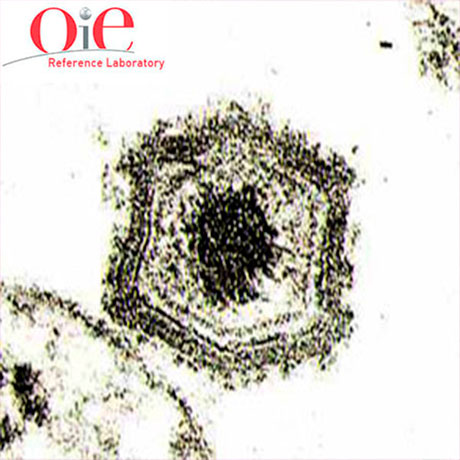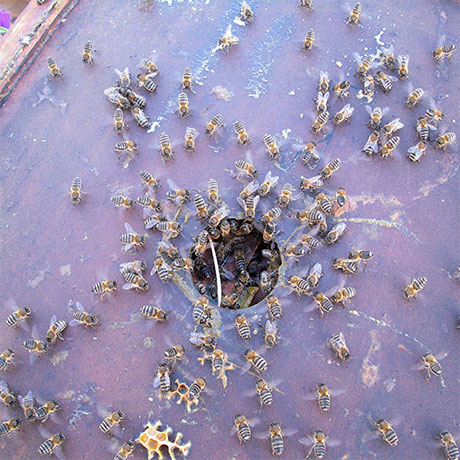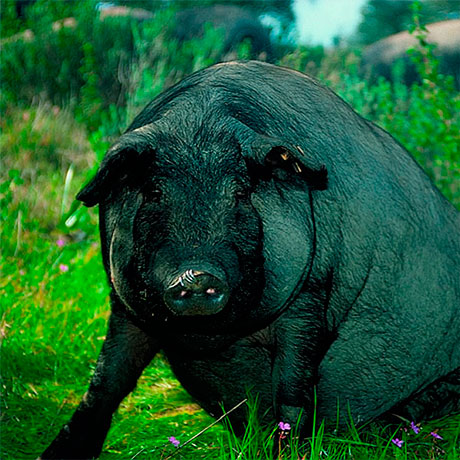Why is African swine fever still present in Sardinia?
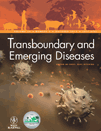 New research article published in Transboundary and Emerging Diseases journal.
New research article published in Transboundary and Emerging Diseases journal.
Body temperature and motion: Evaluation of an online monitoring system in pigs challenged with Porcine Reproductive & Respiratory Syndrome Virus
New research article published in Research in Veterinary Science journal.
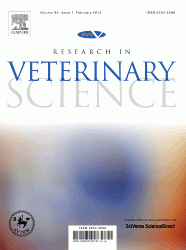 Highly contagious and emerging diseases cause significant losses in the pig producing industry worldwide. Rapid and exact acquisition of real-time data, like body temperature and animal movement from the production facilities would enable early disease detection and facilitate adequate response. In this study, carried out within the European Union research project RAPIDIA FIELD, we tested an online monitoring system on pigs experimentally infected with the East European subtype 3 Porcine Reproductive & Respiratory Syndrome Virus (PRRSV) strain Lena. We linked data from different body temperature measurement methods and the real-time movement of the pigs.
Highly contagious and emerging diseases cause significant losses in the pig producing industry worldwide. Rapid and exact acquisition of real-time data, like body temperature and animal movement from the production facilities would enable early disease detection and facilitate adequate response. In this study, carried out within the European Union research project RAPIDIA FIELD, we tested an online monitoring system on pigs experimentally infected with the East European subtype 3 Porcine Reproductive & Respiratory Syndrome Virus (PRRSV) strain Lena. We linked data from different body temperature measurement methods and the real-time movement of the pigs.
Gaps in African swine fever: Analysis and priorities
Motion-based video monitoring for early detection of livestock diseases: The case of African swine fever
 PLOS ONE published this new research article
PLOS ONE published this new research article
Iowa seminars
Professor José Manuel Sánchez-Vizcaíno will hold two seminars during his stay at Iowa:
- Agoust 3rd: “Borders vs Traceability; Tax vs Data” Iowa State University
- Agoust 4th: “What happen with ASF in Europe” National Center of Disease Research in Iowa
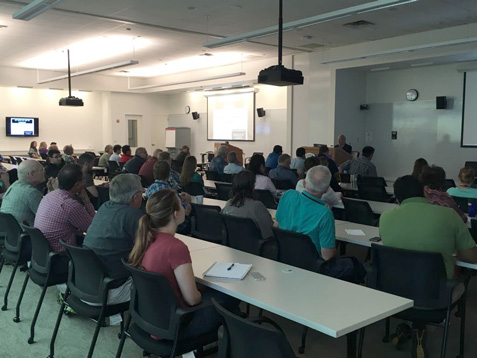
Borders vs Traceability; Tax vs Data

SEMINAR
Dr. José Manuel Sánchez-Vizcaíno
| Thursday, Aug. 3 12 noon Vet Med Room 1226 |
 Dr. Sanchez-Vizcaino is the director of the OIE reference laboratory for African Swine Fever and a full professor of animal health at the Veterinary School of the Universidad Complutense of Madrid, Spain. The scientific contributions of Professor Sanchez-Vizcaino have notably contributed to the control and eradication of various animal diseases, among them the African Swine Disease, Horse Sickness and Classical Swine Disease. All of that thanks to the development of new methods and fast and sensitive diagnostic reagents, new epidemiologic strategies as well as the development of new vaccines. Dr. Sanchez-Vizcaino is the director of the OIE reference laboratory for African Swine Fever and a full professor of animal health at the Veterinary School of the Universidad Complutense of Madrid, Spain. The scientific contributions of Professor Sanchez-Vizcaino have notably contributed to the control and eradication of various animal diseases, among them the African Swine Disease, Horse Sickness and Classical Swine Disease. All of that thanks to the development of new methods and fast and sensitive diagnostic reagents, new epidemiologic strategies as well as the development of new vaccines. His current scientific interest is centered in the study of animal infectious diseases and particularly in the development of new diagnostic techniques and new strategies for its control by means of analyzing the risk and development of epidemiologic models as well as establishing networks for sanitary monitoring. |
